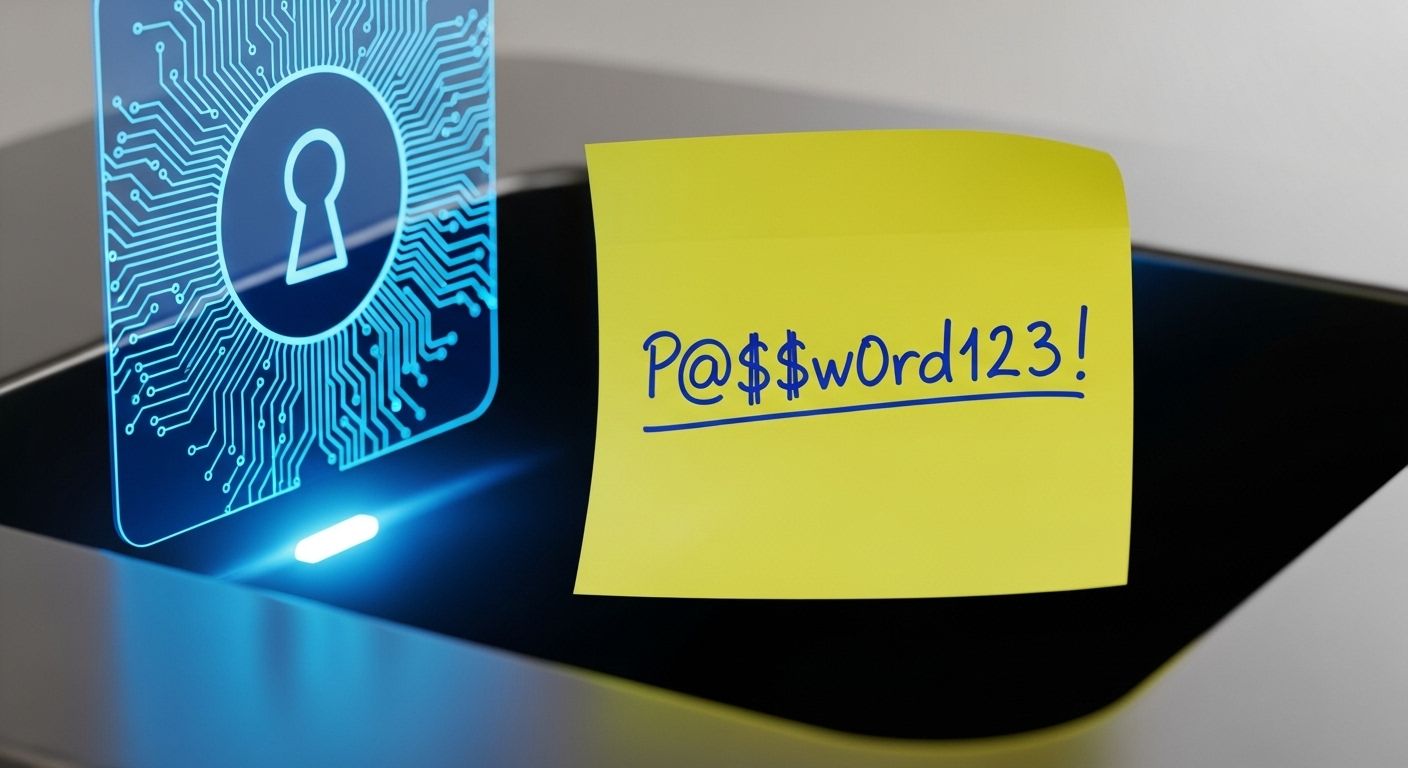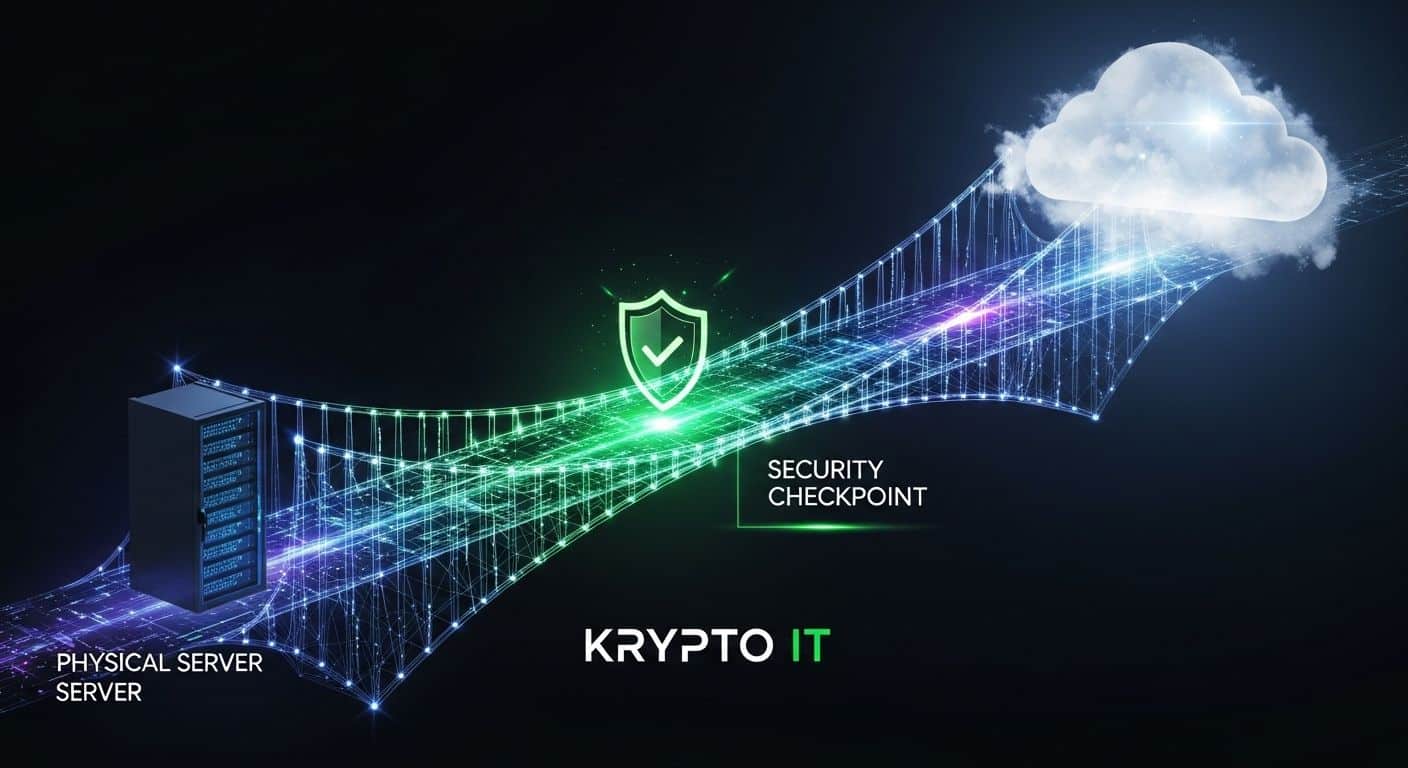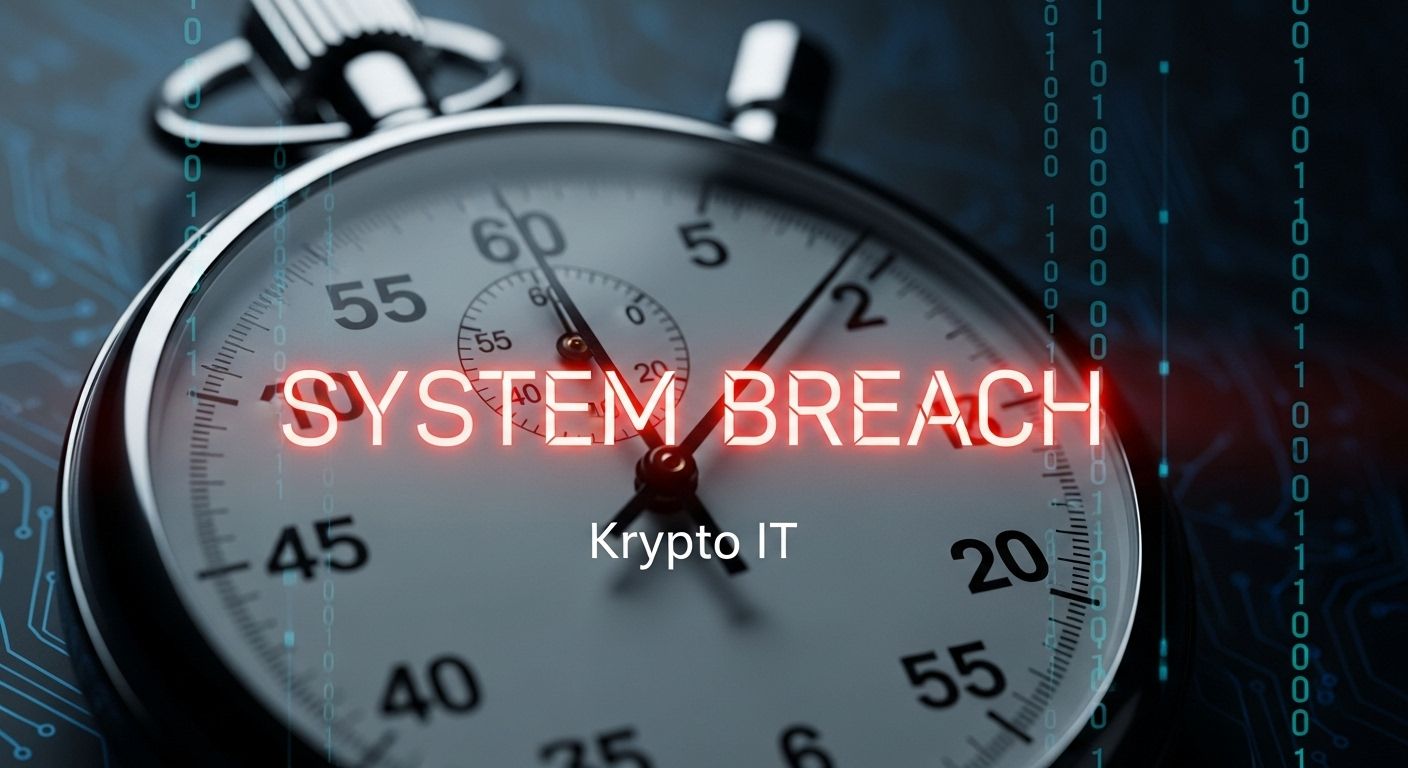
OT Under Attack: Ransomware’s Industrial Surge
June 20, 2025
Qilin’s New Low: Ransomware Meets ‘Legal Counsel’
June 23, 2025Why This Massive Leak Demands Immediate Action for Your Business
The cybersecurity world is buzzing with alarming news: a staggering 16 billion usernames and passwords have reportedly been exposed in what could be the largest data leak in history. While these credentials didn’t originate from a single breach, but rather a compilation of numerous past incidents, their aggregation into massive, easily exploitable datasets represents a “blueprint for mass exploitation,” according to researchers. This unprecedented trove of login data impacts accounts across virtually every online service imaginable – from social media and email to corporate platforms, VPNs, and even government portals.
For Small and Medium-sized Businesses (SMBs) in Houston, this isn’t just a distant problem for tech giants. This mega-leak is a loud and urgent wake-up call, posing direct and immediate threats to your customer data, employee accounts, and overall operational security. It fundamentally underscores why traditional password-based authentication is no longer sufficient.
The Mechanism of Mass Exploitation: Credential Stuffing on Steroids
The primary danger of such a colossal leak lies in credential stuffing. This is an automated attack where cybercriminals take leaked username/password combinations from one breached service and systematically try them across countless other websites and applications. The success of this tactic hinges on a widespread and dangerous user habit: password reuse.
Here’s why this 16-billion-record leak is particularly alarming:
- Vast Scale: With 16 billion records, it’s highly probable that many of your employees, and certainly a significant portion of your customers, have at least one compromised password in this dataset.
- Fresh and Weaponizable Intelligence: Researchers indicate that the vast majority of these exposed credentials are “fresh” and previously unreported. This isn’t just old, recycled data; it’s immediately exploitable.
- Structured for Attack: The data is often organized in URL, login, and password formats, making it incredibly easy for automated tools to use for account takeover attempts.
- Inclusion of Tokens and Cookies: Some datasets reportedly include tokens, cookies, and metadata, which can bypass even basic multi-factor authentication if not properly secured, making them incredibly dangerous.
- Blueprint for Targeted Attacks: Beyond automated account takeovers, this data provides cybercriminals with unparalleled intelligence for highly targeted phishing campaigns, social engineering schemes, and identity theft. If they know where you log in and what your password was, they can craft highly convincing lures.
The Direct Impact on Your Houston SMB
Even if your company itself hasn’t suffered a direct breach, this global password crisis directly threatens your business in several critical ways:
- Account Takeovers (ATOs):
- Employee Accounts: If employees reuse their personal passwords for work accounts (e.g., cloud services like Microsoft 365 or Google Workspace, internal portals, VPNs), their work accounts become vulnerable. Attackers can gain access to sensitive company data, launch Business Email Compromise (BEC) scams, or pivot to internal systems.
- Customer Accounts: If your customers use login portals for your services (e-commerce, client portals, loyalty programs), their accounts on your platforms are at risk if they’ve reused passwords exposed in this leak. This can lead to fraudulent transactions, data theft, and serious reputational damage for your business.
- Identity Theft and Fraud: The leaked credentials, combined with other personal data, empower criminals to commit identity theft against individuals, which can indirectly impact your business through fraudulent transactions or even social engineering targeting your employees using stolen identities.
- Increased Phishing and Social Engineering: With access to vast numbers of real login credentials and associated URLs, attackers can craft more believable and targeted phishing emails, making it harder for your employees and customers to discern legitimate communications from scams.
- Supply Chain Risk: If any of your third-party vendors or service providers have employees who reuse passwords, their compromised accounts could be used to gain access to their systems, and subsequently, to yours.
- Reputational Damage and Loss of Trust: If customer or employee accounts associated with your business are compromised due to credential stuffing, it reflects poorly on your company’s security posture, eroding trust and potentially leading to significant customer churn.
- Compliance and Legal Liabilities: Depending on the type of data exposed and relevant regulations (e.g., state-specific data privacy laws, industry standards), a breach originating from credential stuffing could still trigger notification requirements, investigations, and significant fines.
Protecting Your Business in a “Post-Password” Era
This 16-billion-password mega-leak signals a fundamental truth: relying solely on passwords is no longer a viable security strategy. For Houston SMBs, immediate and proactive steps are critical:
- Mandate Multi-Factor Authentication (MFA) Everywhere: This is the most crucial defense. Make MFA mandatory for all employee accounts, especially for email, cloud services, VPNs, and critical internal systems. Encourage and, if possible, enable MFA for customer accounts on your platforms. Even if a password is compromised, MFA blocks access.
- Enforce Strong, Unique Password Policies (and Password Managers): For passwords that must still be used, enforce complexity requirements. More importantly, educate and encourage employees to use unique, strong passwords for every single online account, ideally using a reputable password manager.
- Implement Account Lockout and Rate Limiting: Configure your systems to temporarily lock out accounts after a certain number of failed login attempts, and implement rate limiting on login pages to deter automated credential stuffing attacks.
- Monitor for Leaked Credentials: Utilize services that proactively monitor the dark web for credentials associated with your company’s domains or employee email addresses. This allows you to force password resets for affected accounts before they are exploited.
- Regular Security Awareness Training: Conduct frequent training sessions that specifically address the dangers of password reuse, the mechanics of credential stuffing, and how to recognize increasingly sophisticated phishing and social engineering attempts. Emphasize the importance of MFA.
- Adopt a Zero Trust Mentality: Assume breach. Verify every user and device trying to access your network and data, regardless of their location or prior authentication.
- Secure Your Access Points: Ensure that VPNs and other remote access solutions are robustly configured, regularly updated, and protected by MFA.
- Conduct Regular Security Audits: Regularly audit your cloud infrastructure, third-party integrations, and internal systems to identify and remediate vulnerabilities that attackers might exploit with stolen credentials.
- Develop a Comprehensive Incident Response Plan: Have a clear, tested plan for what to do if an employee account or customer account is compromised, including steps for containment, investigation, communication, and recovery.
The exposure of 16 billion passwords is a stark reminder that the security perimeter has expanded to include every single login. For Houston SMBs, this isn’t a theoretical threat; it’s a call to immediate action. Krypto IT specializes in helping businesses navigate these complex challenges, implementing the robust security controls and training necessary to protect your organization in this era of widespread credential exposure.
Don’t let the reused passwords of the past compromise your business’s future.
Contact us today to schedule a free consultation and fortify your defenses against the ongoing credential crisis.




